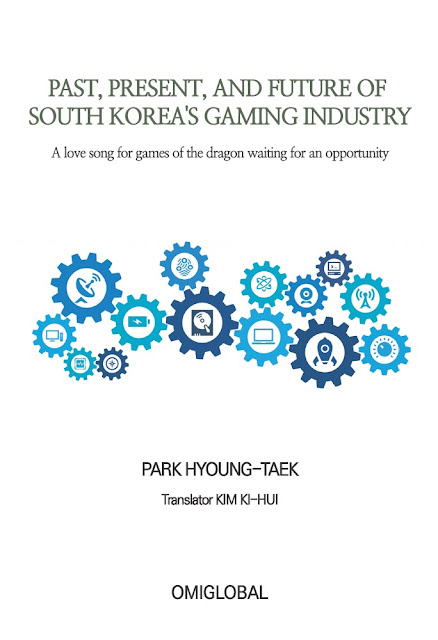泥中蟠龍's Game愛歌 [A love song for games of the dragon waiting for an opportunity] Let's take a look at Korea's gaming industry (Part 2)
泥中蟠龍's Game愛歌
[A love song for games of the dragon waiting for an opportunity]
Let's take a look at Korea's gaming industry (Part 2)
I'd like to talk about South Korea's gaming industry more specifically.
The composite leading indicator (CLI) is a business barometer showing short-term economic movements. The best example of the CLIs is a stock index. It means that the stock market index reflects business forecasting. If buyers expect high earnings, stocks will rise, and the opposite can also happen. The representative CLI for venture capital (VC), which deals with unlisted stocks of startup companies or small businesses, is the scale and the number of cases of investment in the industry.
According to data from the Korean Venture Capital Association, investment in the gaming industry has been declined year by year for the past three years from ₩176.2 billion in 2014 to ₩168.3 billion in 2015 and ₩142.7 billion last year. I'm not sure but I reckon it will be worse this year. Of course, the number of investment in Korea's cultural content including video content has also reduced from ₩279 billion in 2014 to 267.8 billion in 2016, however, decreased investment in gaming industry is unusual because investment in most sectors—electricity/machinery/equipment, chemistry/materials, and biotechnology/medical, etc.—has increased steadily during the past few years. Besides, given significantly reduced investment in the video due to the government blacklist stretched beyond culture, the gaming industry is certain to be hit hardest of the whole venture capital investment.
We can't tell right away the results of an investment. Investors usually expect great achievements a few years later. Seriously reduced investment, which is regarded as one of the composite leading indicators, means that investment experts have predicted the slump of the local gaming industry in the coming years. It's more than a problem beyond various regulation policies. The domestic gaming industry is losing its vitality. The number of developers will keep decreasing under the influence of diminished investment, so does the number of employees in the industry. Video game-related departments will receive less attention, as new workers are hired fewer.
I mentioned several times before the necessity of an academic-centered approach to the gaming industry and I still maintain my previous opinion. Korea's gaming industry struggling with decreased investment continues to pull down academic progress and it will lose its vitality.
To be continued
※ This is from Kyunghyang Games column by 泥中蟠龍 since September 2013.
(http://www.khgames.co.kr)
Translation by Kim Ki-hui


Comments
Post a Comment